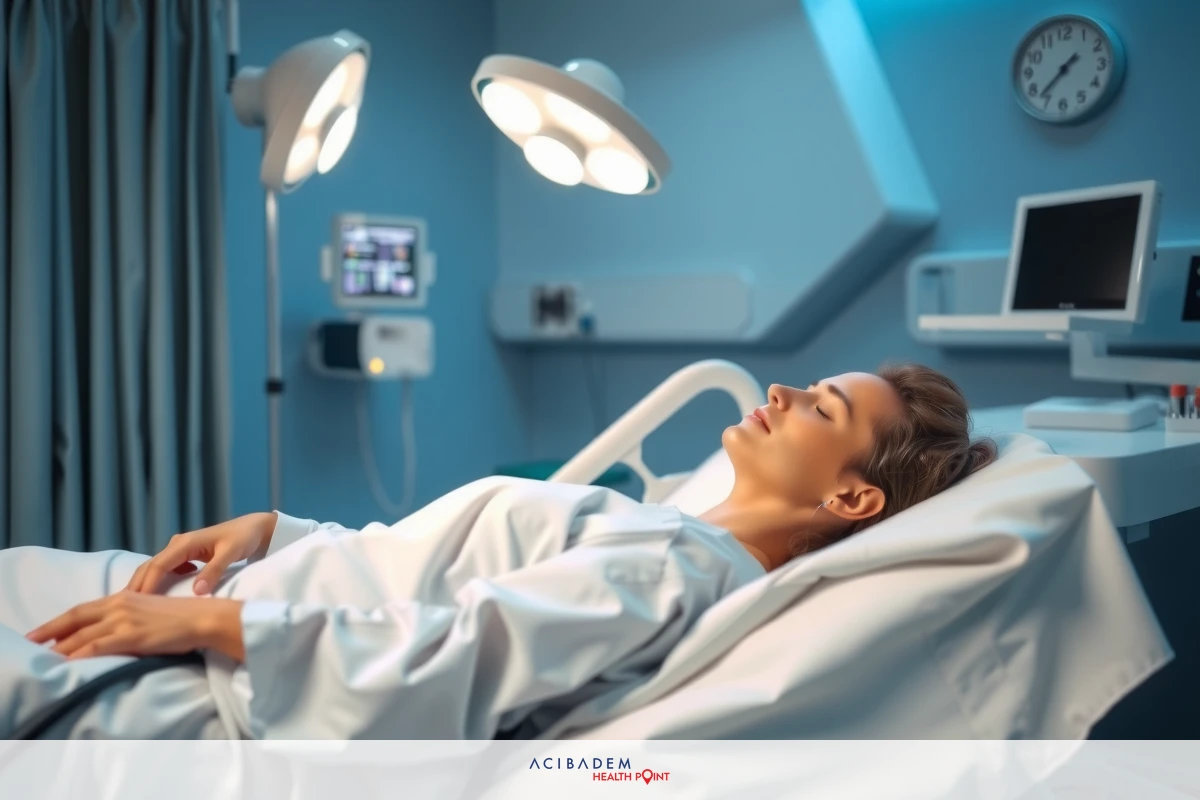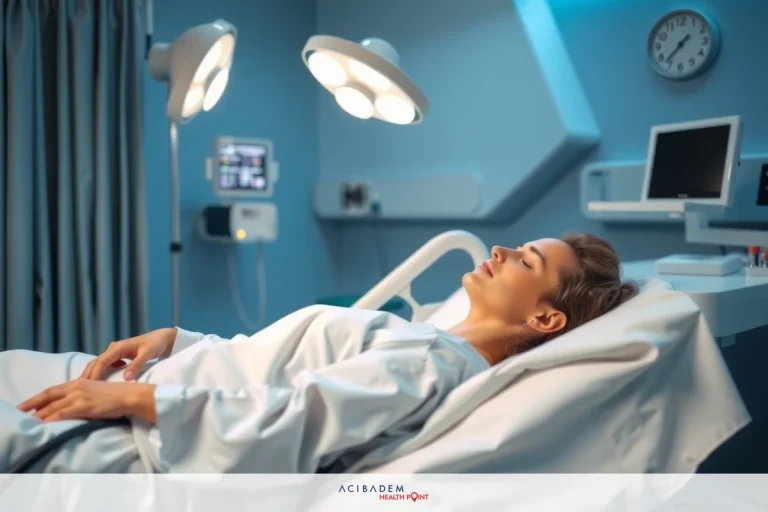What to Do If Your Nose Gets Hit After Rhinoplasty
What to Do If Your Nose Gets Hit After Rhinoplasty Rhinoplasty, a defining operation that molds the shape of the nose, requires impeccable care post-surgery. Any external impact or sudden hit in this period can lead to complications ranging from minor swelling to severe deformity. It becomes crucial for patients recovering from rhinoplasty to be fully informed and prepared.
In case of an unexpected accident where your nose gets hit after surgery, immediate action is necessary. Recognizing potential signs of complications early on could make all the difference between a smooth recovery and long-term damage. Consulting medical professionals should always be your first step as they are equipped with the knowledge and experience needed in such situations.
Immediate Steps to Take
Rhinoplasty, with its transformative ability, often leaves patients ecstatic about their new appearance. If the post-surgery phase includes an unfortunate incident where the nose gets hit, panic may set in quickly. The key here is not to let fear take control but instead follow immediate steps that can help mitigate any potential harm.
- Ice Application: Applying ice or a cold pack is a universal first-aid step for most injuries. It helps reduce inflammation and swelling after your nose has taken a hit.
- Gentle Examination: Carefully touch and examine the area around your nose for signs of severe pain or misalignment which could indicate serious damage.
- Avoid Pressure on Nose: Try not to put pressure on your nose while sleeping or resting; use extra pillows for elevation if necessary.
- Over-the-counter Anti-inflammatory Medication: In case of extensive swelling, over-the-counter anti-inflammatory meds might provide relief until you reach out to your surgeon.
- Reach Out To Your Surgeon: Regardless of how minor the injury seems, always consult with your rhinoplasty surgeon as soon as possible.
These actions are only initial steps meant to manage immediate aftermaths; they are by no means a substitute for professional medical advice in such situations related to post-rhinoplasty care and recovery from a nose injury.
Signs of Complications
Rhinoplasty, like any surgical procedure, is not without its risks. These potential complications may be further exacerbated if your nose suffers an impact post-surgery. The signs and symptoms that could indicate complications is crucial for a safe recovery.
The first sign to watch out for is excessive bleeding or discharge from the nose. Some blood or mucus after a rhinoplasty operation is normal; if you notice persistent bleeding following an injury to the nose, it could be indicative of internal damage which necessitates immediate medical attention. Coupled with this might be severe pain that does not subside over time or with medication – another warning sign that something might have gone awry.
Changes in appearance are also significant factors to consider when assessing potential complications after a nose injury post-rhinoplasty. You should look out for visible deformities such as dents or bumps on the surface of your new nasal shape since these irregularities can point towards underlying structural problems
caused by the hit on your nose. Redness and swelling beyond what’s typically expected during recovery could suggest inflammation due to trauma.
Difficulty breathing through your nostrils may potentially signify serious concerns related to internal swelling or

obstruction in air passages resulting from the external hit on your healing nose. This symptom often accompanies feelings of discomfort while sleeping lying down flat owing to increased pressure inside nasal cavities and demands urgent professional consultation.
While some degree of discomfort and change in appearance are part-and-parcel of any rhinoplasty recovery process, certain symptoms act as clear red flags pointing towards possible complications arising from a hit on your healing nose post-surgery.
Consulting Your Surgeon
When it comes to recovering from rhinoplasty, there is no substitute for professional advice and guidance. This becomes doubly important if your nose has suffered a hit during the delicate post-surgery phase. Contacting your surgeon should be an immediate step after any such incident.
Your surgeon understands the specifics of your procedure better than anyone else. They are aware of how extensive the changes made inside your nose were during surgery and can hence accurately estimate potential damage caused by an external impact. They can guide you on whether further investigations like X-rays or CT scans might be necessary in light of the injury sustained to assess internal displacement or fractures which may not be immediately evident.
Reaching out to your surgeon ensures that you receive appropriate pain management advice tailored to your situation. Over-the-counter analgesics could interact adversely with other medications prescribed as part of post-rhinoplasty care; only a consultation with the surgeon can provide clarity on what’s safe and effective for pain relief following a trauma-induced exacerbation.
Consulting with your surgeon early after a hit helps plan ahead regarding possible corrective measures needed down the line before complications escalate affecting both aesthetics and function post-recovery. Also remember that insurance coverage varies widely when it comes to revision procedures making timely consultation even more crucial.
Navigating through recovery from rhinoplasty is often challenging enough without having also deal with unexpected injuries along way. Amidst all this complexity lies one simple truth: nothing replaces direct communication between patient and their medical professional when it comes ensuring best possible outcome following rhinoplasty especially under unforeseen circumstances.
What to Do If Your Nose Gets Hit After Rhinoplasty: Frequently Asked Questions
What should I do immediately if my nose gets hit after rhinoplasty?
The primary step is to stay calm and not panic. Apply ice or a cold pack to your nose, avoid any pressure on the area, take over-the counter anti-inflammatory medication if available, and reach out to your surgeon as soon as possible.
How can I identify complications due to a nose injury post-rhinoplasty?
Look for excessive bleeding or discharge from the nose, severe pain that does not subside with time or medication, visible deformities like dents or bumps on the surface of your new nasal shape, redness and swelling beyond what's typically expected during recovery. Difficulty breathing through nostrils could also indicate serious concerns.
Is it necessary to consult my surgeon even for minor injuries post-surgery?
Yes! Regardless of how minor your injury may seem, always consult with your rhinoplasty surgeon at once. They can gauge potential damage more accurately due to their understanding of specifics related to your procedure.
Will my insurance cover corrective measures needed due to trauma post-rhinoplasty?
Insurance coverage varies widely when it comes to revision procedures following unexpected events such as trauma post-surgery. It would be best suited for you discuss these details directly with both your insurer and healthcare provider.











